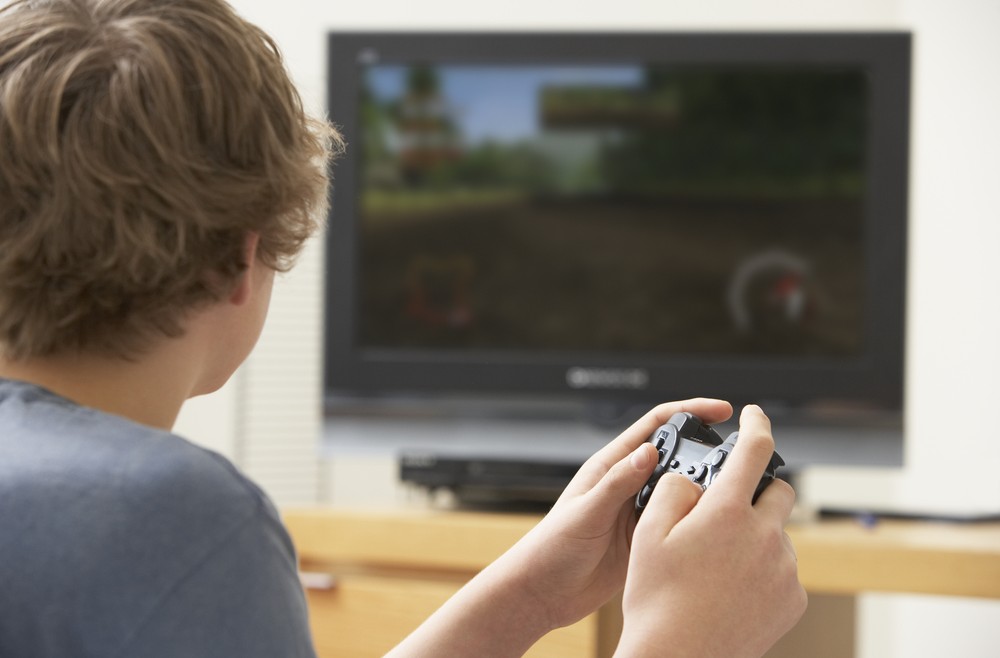In last weeks article I discussed how The World Health Organisation (WHO) recently classified online gaming as a new mental health condition. For all of us working in the mental health profession, especially with teenagers, this came as little surprise, because parents have been accessing services for many years now seeking advice for their children who seem to be addicted to their devices.
In this weeks article I am going to outline some steps you can take, as parents, to help your child overcome this new dilemma. The first important aspect about all of this that parents should know is that many of the games are designed to be addictive.
The very principles of some games are designed in such a way they hook your child on the product; this is how they make money. So, your child is being targeted, in a rather sinister way, by these game designers.
But the good news is that you, as the parent, have all the power in this interaction. Just like we wouldn’t dream of letting some stranger give our child a dangerous substance we must apply the same thinking with regards to online games and regulate the amount of time our children engage with them.
When parents first come to me seeking advice about their child who is spending too much time with online gaming, I first of all look at the pattern of behaviour in the family as a whole. I am a systemically trained psychotherapist, which means I always look at the system and how it contributed to the current issue it is labouring with. And one aspect that I find recurring with such an issue is that parents often use games as a parenting tool.
We must face our own self-deception as parents before we can truly help our children. Often parents describe, in our early conversations, how happy they were initially because their child was up in their bedroom, free from danger, or so they thought.
But while they were spending an inordinate amount of time up in the bedroom they were becoming addicted to playing games online. And the parents have come to realise that there is something very wrong with their child’s relationship with gaming. So when they ask me; what should we do to help our child over come this dependency on online games, I offer the following advice:
1. Remove games, computers, consoles and phones from your child’s bedroom
When the computer is in the bedroom it is almost impossible to monitor successfully the amount of time your child is spending online. I have conversations with teenagers around this issue a lot, and you would be horrified at the amount of time they secretly play their games and the myriad ways they have to get online. But when parents remove the games from the bedroom and place them in a more public area like the sitting room, they remove the potential for secrecy and allow for monitoring to take place. Your child will fight this, but you must be resolute on this issue or else there is no point.
2. You must be consistent with your parenting of this habit
Your child should not be allowed play games for as long as they want. You must set the rules around this and stick to them. If the rule is; after they finish their homework they can play their game for one hour a day, you must stick to it. Children crave boundaries. And when they are firmly established and non negotiable, your child will understand and follow them. However, it is crucial that both parents are saying the same thing. If one gives in, all that hard work will be in vain. Nothing promotes negative behaviour in children more than inconsistent parenting.
3. Get familiar with the game your child is playing
At the moment the big game that they are all playing is Fortnite. Any parent with a child between eight and 18 years of age will be fully aware of this game. It has taken the world by storm with more than 40 million players worldwide. They can access this game from any device. So, understand how they are playing it, Xbox, PlayStation, etc, and then use the parental controls to limit the length of gaming sessions. A game usually lasts 20 minutes, so you can tell them they can play three games a day. That way you are not cutting them off mid game which will cost them points and reputational damage because they left the game before it was finished. Preventing this from happening will be an important factor for peace in the family home and when your child is clear about how many games he/she can play, it will take a lot of the conflict out of the family.
Parenting your child’s online gaming habits is just another feature of modern parenting. “
When we were young, parents were warned about the dangers of using TV as a parenting tool. However, gaming has a far more sinister side to it, because there is money to be made. So, parents must decide what is a healthy amount of time for their child to spend playing these games. By setting a few concrete boundaries and removing the games from the bedroom parents can find that there can be a harmonious balance for gaming in a young adults life.




